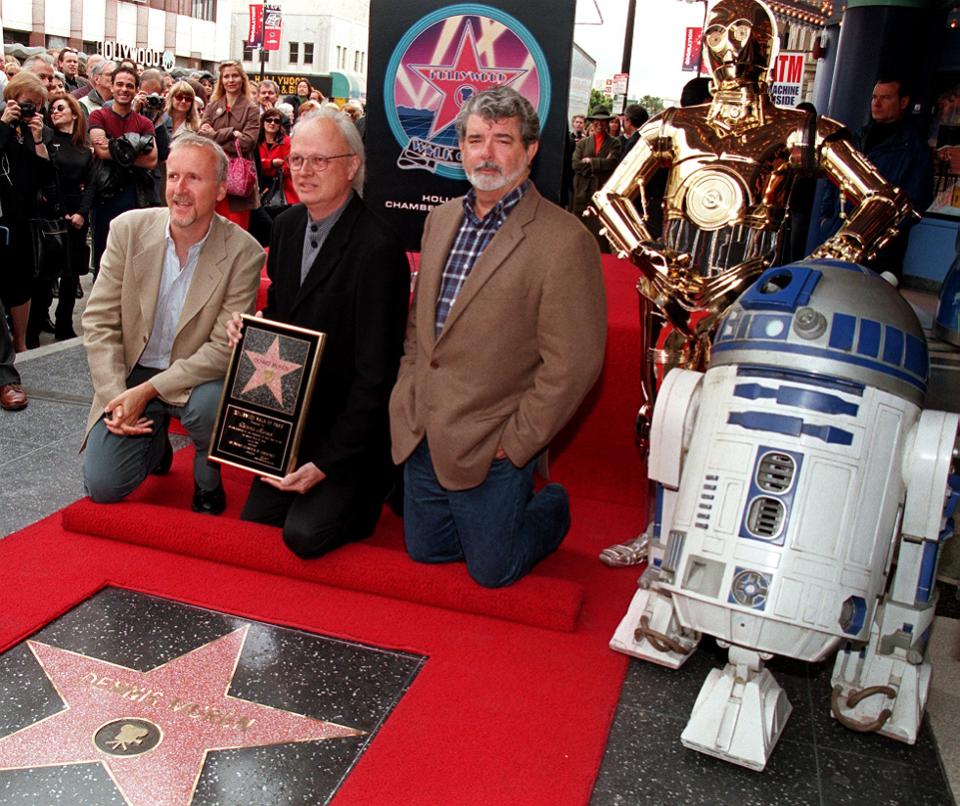The release of the film “Dolittle” has landed with a thud. During its first week, the box office receipts came to a disappointing $29.5 million. Keep in mind that the film–which stars Robert Downey Jr.–cost Universal Pictures $175 million to produce.
Of course, Hollywood film-making is a boom-bust business. But might fast evolving technologies like AI improve the odds?
Perhaps so.
Just look at Warner Bros. The company recently struck a deal with Cinelytic, which has built an AI-infused project management system. It is focused on the green-lighting process, such as by helping to predict the potential profits on new films.
Now this is not to imply that Cinelytic has essentially cloned the genius of Steven Spielberg or James Cameron. Rather, the technology helps with the myriad of smaller tasks, such as analyzing the impact on territories, the bidding process for talent and so on. This should free up time for filmmakers to work on more important tasks.
There are other startups gunning for this market opportunity, like Pex. The company has an AI-driven platform that analyzes movie trailers to determine the potential revenue generation. This is done by crunching data like views, shares, likes and other forms of online engagement. As a result, a studio can change a trailer to make it more impactful.
Read Also: YouTube Appoints Nigerian To Head Europe, M’East & Africa
What’s Next?
AI in Hollywood is still in the early stages. There will certainly be lots of trial and error. But it also seems likely there will be much growth in the coming years.
Here’s what some other experts have to say:
- Richard Boyd, who is the co-founder and CEO of Tanjo: “AI is absolutely an effective solution to the question of content development. Netflix, Amazon and Google all know that if you want to understand people, you don’t ask them questions, you monitor what they do with their time, money, and attention.”
- Bret Greenstein, who is the Global Vice President and Head of AI at Cognizant: “AI can absolutely help Hollywood reduce risk, in the same way it is reducing risk in other industries. This has nothing to do with computer generated imagery (CGI). Rather, it is about quantifying and analyzing content, understanding and predicting audience preferences, and creating models that allow more experimentation with color, images, costumes, cgi, and dialog to predict the best outcomes for a film. With AI, it may be possible to quickly edit content based on sudden societal changes that would impact the audience. Understanding, for example, recent news and events might cause a director to decide to rapidly adjust dialog or even visuals to avoid backlash.”
- Ganesh Sankaralingam, the Director of Data Science and Machine Learning at Latent View Analytics: “Today there’s a wealth of actionable data available that movie studios and streaming entertainment companies can use to manage risk. Using AI and advanced analytics can not only help mitigate against box office flops, but also identify potential hits. After all, every Hollywood studio except Paramount turned down ‘Raiders of the Lost Ark’ and there are countless other examples. So by keeping close tabs on what audiences watch and categorizing that data, studios can develop ‘taste communities.’ These communities can highlight overlaps between actors, directors and genres that might otherwise have gone unnoticed.”
The Nagging Issues
There should still be tempering of expectations with AI and Hollywood. Let’s face it, how much do we really know about the creative process? Well, it’s still very sketchy.
And besides, there are so many variables that can determine the success or failure of a film.
“AI might find that certain actors and types of dialogue and plot structures worked well in the 1980s and without any current movies with similar properties there is no reason for an AI to expect that the same recipe that worked in the 1980s won’t still work now,” said Noah Giansiracusa, who is an assistant professor of Mathematics and Data Science at Bentley University. “Of course, such a movie may in fact do well for reasons of nostalgia, but whether the AI ‘grasps’ this nostalgia effect really comes down to whether there are enough similar movies produced in recent times to develop an expectation of modern performance. Another serious issue is that AI reflects all the biases and prejudice that have become embedded in data. If women and minorities have not done as well as white men as leads and writers and directors in the box office, then every AI algorithm we currently have will anticipate that trend continues and could potentially trap us in shortsighted thinking rather than recognizing that change is possible.”
In other words, don’t expect AI to put creative people out of work any time soon. But then again, the technology is likely to be a great help in the film-making process.
“AI is a tool,” said Greenstein. “Judgement of people is essential. Judgement informed by AI will make big money in the box office.”
FORBES
